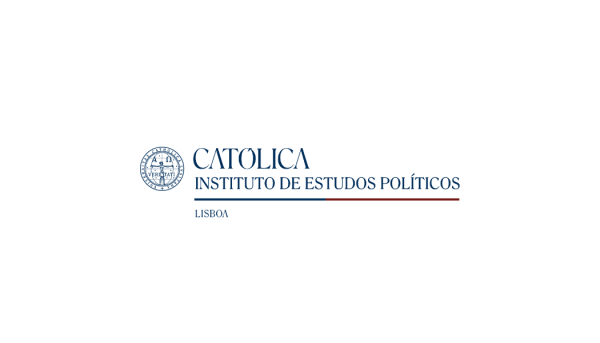Catholic University of Portugal

-
Estrada da Circunvalação, 3504-505 Viseu, Portugal
-
+351 232 419 500
-
http://iep.lisboa.ucp.pt
UCP is the first modern Portuguese university not to be founded by the State but is instead the result of the Concordat between the Portuguese government and the Vatican, which established the university under the tutelage of the Catholic Church. The creation of the University, the fulfilment of a 40-year dream of the Portuguese Church, constitutes a milestone in modern higher education in Portugal: for the first time the State was not directly involved in and responsible for a university. As had been the case in the 16th and 17th centuries, in the renowned Universities of Coimbra and Évora, the Church was given the opportunity to contribute decisively to the higher education of young people, by offering them, along with academic and scientific excellence, an overall education based on the principles and values of Christianity.
The late seventies and eighties saw the establishment and development in Portugal of a privately-owned sector in higher education (including both universities and polytechnics). Within that context, there has been a generalised acceptance of the distinctive position held by the Catholic University – a public, non-State and non-profit-seeking institution.
Nowadays, and following the general trend in Portugal and abroad, UCP enjoys a large degree of autonomy in the creation and running of new campuses, faculties and courses.
Taking advantage of the fact, it has been a pioneer in some respects of university development in Portugal, either with regard to areas of knowledge not previously taught (e.g. business administration and management, food engineering, multimedia, digital arts) or to the regional dispersion of campuses.